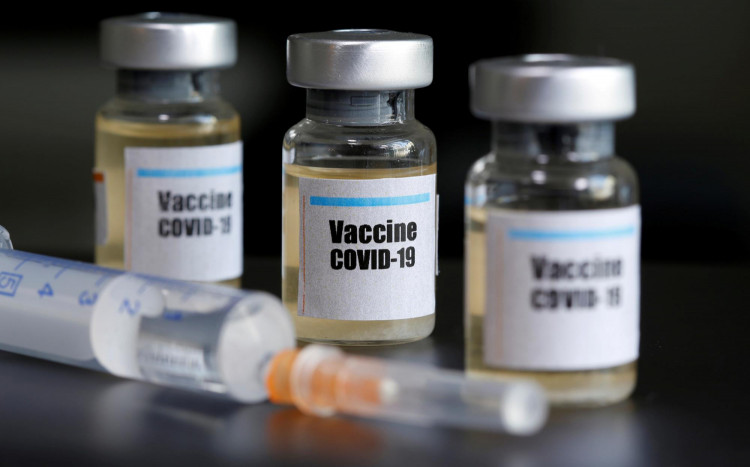China has approved Phase 1 human testing of the world's first nasal spray vaccine candidate for COVID-19.
The aim of Phase 1 clinical trials is to determine the best dose of a new drug with the fewest side effects. The drug will be tested in a small group, typically numbering fewer than 30 patients.
Preliminary studies of the unnamed intranasal candidate vaccine show it significantly reduces lung damage in infected mice and hamsters, based on a report published in Science and Technology Daily, the official newspaper of the Ministry of Science and Technology.
China's intranasal vaccine was developed to ignite a natural immune response to the coronavirus that causes COVID-19 by combining the new virus' spike proteins with a weakened flu virus. SARS-CoV-2 (severe acute respiratory syndrome coronavirus 2) is the virus that causes COVID-19.
The nasal spray was developed by researchers at Xiamen University, Hong Kong University, and Beijing Wantai Biological Pharmacy Enterprise Co Ltd, a maker of vaccines and medical products.
The intranasal candidate vaccine is the 10th candidate vaccine from China to enter human trials worldwide. Four of these vaccine candidates are in phase 3, where tens of thousands of volunteers and patients are being tested.
In the United States, phase 3 trials are often required before the Food and Drug Administration (FDA) will approve the use of a new drug for the general public.
The Chinese vaccines in phase 3 are CoronaVac from Sinovac being tested in Brazil and Russia; the Ad5-nCoV from CanSino Biologics being tested in Russia; a vaccine from state-owned China National Biotec Group Company (CNBG) and an inactivated vaccine from the Wuhan Institute of Biological Products.
Six other COVID-19 vaccine candidates from other countries are also in phase 3, according to the World Health Organization (WHO).
It was only recently confirmed CNBG and Sinovac Research and Development Co., Ltd. both injected hundreds of thousands of Chinese with their new COVID-19 vaccines still undergoing phase 3 trials. These vaccines haven't been proven safe and effective as their phase 3 tests are still ongoing.
CNBG said it used two of its untested vaccines in these mass inoculations of hundreds of thousands of Chinese, which was approved by the central government in Beijing. On the other hand, Sinovac said it had inoculated 3,000 of its employees and their family members with its candidate vaccine.
China's decision to approve the use of unproven vaccine candidates shows it has confidence in the vaccines' safety and efficacy, claims Zhao Dahai, a public health professor at Shanghai Jiao Tong University.






